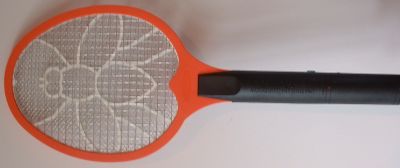Coffee is Timor-Leste’s main export so you might think that coffee is sold everywhere and perhaps, there may be a number of worthwhile coffee shops.
It is fair to say that all restaurants and bars will offer some form of coffee, from espresso machine stuff through to standard Indonesian style (1 teaspoon ground coffee then pour on hot water then add lots of sugar).
One day when I have a kitchen to entertain myself in, I will get right into roasting and grinding my own. However, I have been told that all the good stuff is sewn up by the big operators and goes straight into the export trade. The implication was that the stuff sold on the roadside and in markets was the left-overs. This may be true.
However, I am talking coffee shops here and I am making a subtle distinction between coffee served in a restaurant to the (often alfresco) coffee shop experience. I am restricting myself to espresso machine output in a “coffee shop” atmosphere – that “feeling that I am somewhere else for 15 minutes” experience.
Cafe Timor (in the Hotel Timor) – For many foreigners, this is the best. Coffee is good, it is air-conditioned and it has a bright and breezy atmosphere. It also has some quite superb Portuguese pastries.
Tropical Bakery (near the UN barracks) – This has a very relaxed atmosphere but you are restricted to ceiling fans and no AC. Partly outside but with a strangely impeded view of the outside world thanks to some very heavy wood and bamboo decor. Again coffee is good, pastries are available and a full menu are available.
Sanan Rai (near the Central Garden Hotel) – Recently renovated, perhaps the cutest and OK if you can bear being sandwiched between a souvenir counter, dress shop and beauty shop. Good AC, coffee and a full menu available.
Cafe Brasil – The newest cafe with solid wood tables and cane chairs with a marquee out the front. Has AC and ceiling fans but hard to see how the AC can compete when the doors and windows are always open. Definitely feels like being somewhere else, plays cool background music and also has a wide ranging menu.
City Cafe – A long-standing favourite among the UN community. More a cafeteria/restaurant, but if you sit out the front, the Mediterranean style can feel like the real thing. No AC.
Some that don’t quite fit my definition of coffee shop but do have espresso machines are Vasco da Gamas restaurant, the Hotel Timor restaurant, Hotel Turismo, Castaway Bar, Esplanada Hotel restaurant and the Metro Cafe. I guess there will be more. I will keep hunting.

